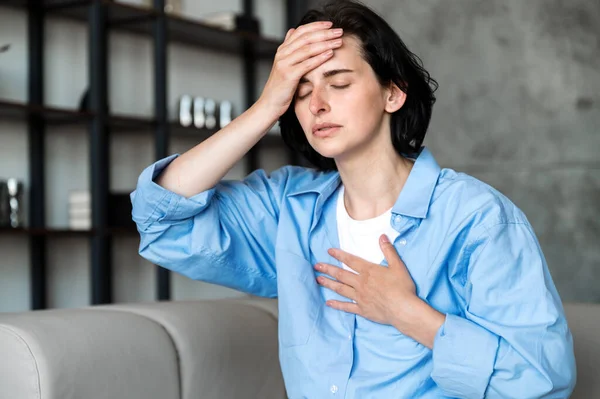Have you ever stood up and suddenly felt like the room was spinning? You’re not alone. Many people experience this unsettling sensation without knowing what’s behind it. This phenomenon, known as orthostatic hypotension, can be both frightening and dangerous, as it may lead to falls and injuries. Let’s dive into what causes this dizziness and explore some straightforward remedies to help you feel more stable on your feet.

What Makes You Feel Dizzy When Standing Up?
According to Majid Basit, MD, a cardiologist at Memorial Hermann Medical Group, the root of this dizziness lies in how your body regulates blood pressure. When you stand up, gravity pulls blood down into your legs, temporarily reducing blood flow to the brain. Normally, your body compensates by boosting your heart rate and constricting blood vessels to restore blood pressure. However, for some people, this compensation mechanism doesn’t work as it should, leading to dizziness.
Symptoms of Orthostatic Hypotension
If you’re experiencing orthostatic hypotension, you might notice symptoms within seconds to minutes after standing. These can include:
- Dizziness or Light-Headedness: It feels like you might pass out.
- Faintness: You sense that you’re about to lose consciousness.
- Blurred Vision: Everything seems fuzzy.
- Confusion: You feel disoriented or unclear-headed.
- Nausea: You feel sick to your stomach.
Fortunately, these symptoms usually clear up once you lie down.
Some People Are More Prone to Feeling Dizzy When Standing Up
Certain groups are more likely to experience dizziness when standing:
- Older Adults: As we age, changes in blood pressure regulation make older adults more susceptible to orthostatic hypotension.
- Dehydrated Individuals: Not having enough fluids can make things worse.
- Those with Certain Medical Conditions: Conditions like diabetes, heart disease, or neurological disorders can affect how your body regulates blood pressure.
- People Taking Certain Medications: Some medications can interfere with your body’s ability to manage blood pressure.
How to Stop Feeling Dizzy When Standing Up
Evan S. Jacobs, MD, a cardiologist at Conviva Care Center, stresses the importance of making lifestyle adjustments to manage dizziness. Here are some simple yet effective remedies:
Lifestyle Changes
- Rise Slowly: When getting up from a lying or sitting position, do it gradually. Give your body time to adjust.
- Stay Hydrated: Drink plenty of water to keep your blood volume up.
- Exercise Regularly: Moderate exercise can improve circulation and reduce dizziness.
- Limit Alcohol and Caffeine: Both can dehydrate you and make symptoms worse.
- Increase Salt Intake: For some people, increasing salt intake can help retain fluids and alleviate symptoms, but be sure to do this under medical guidance.
Medical Interventions
- Medications: In some cases, medications like fludrocortisone or midodrine might be prescribed to help manage symptoms.
- Tilt Table Testing: This test can help diagnose issues with your autonomic nervous system.
By understanding what’s causing your dizziness and implementing these simple remedies, you can significantly reduce the likelihood of feeling dizzy when standing up. If your symptoms persist or worsen, always consult with a healthcare professional for personalized advice.
Also Read | Breathe Your Way to Better Health: Simple Breathing Techniques to Alleviate Common Discomforts







